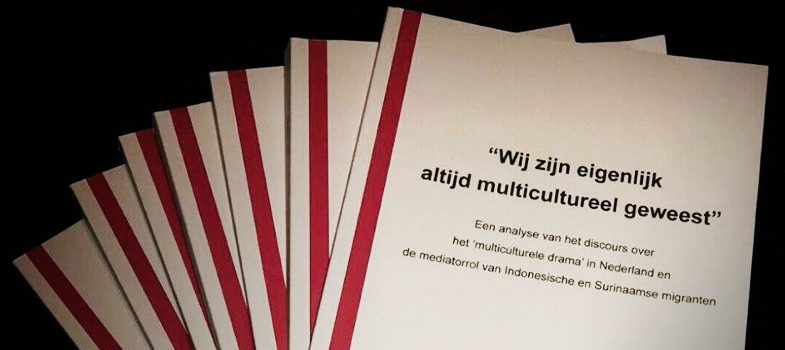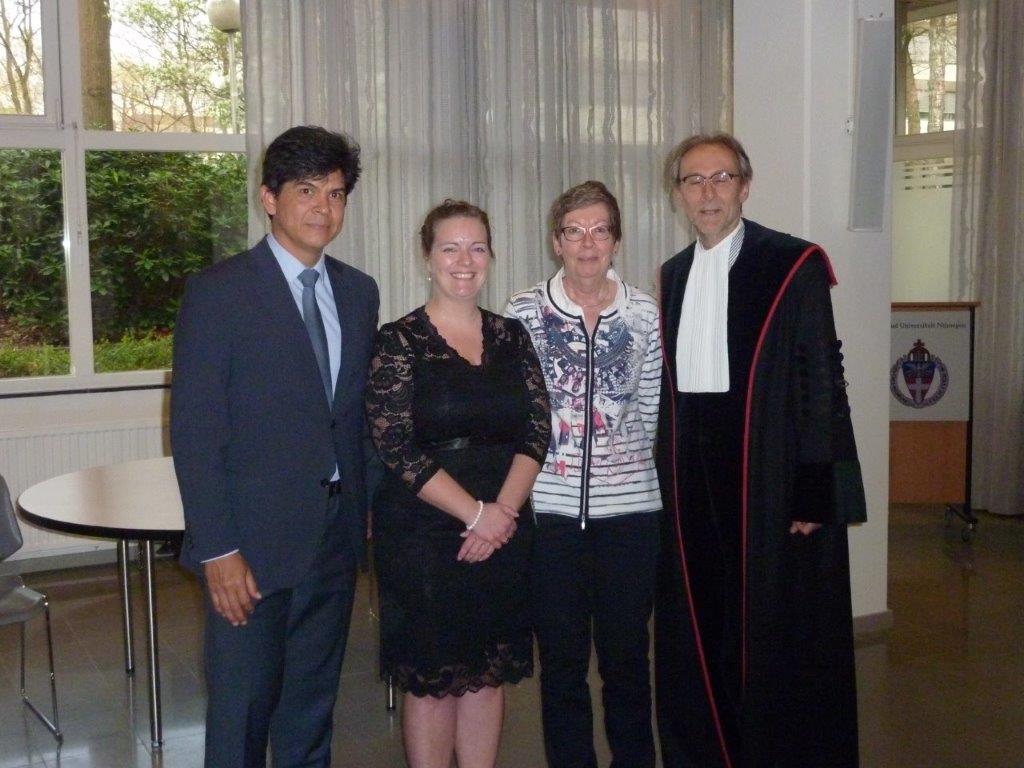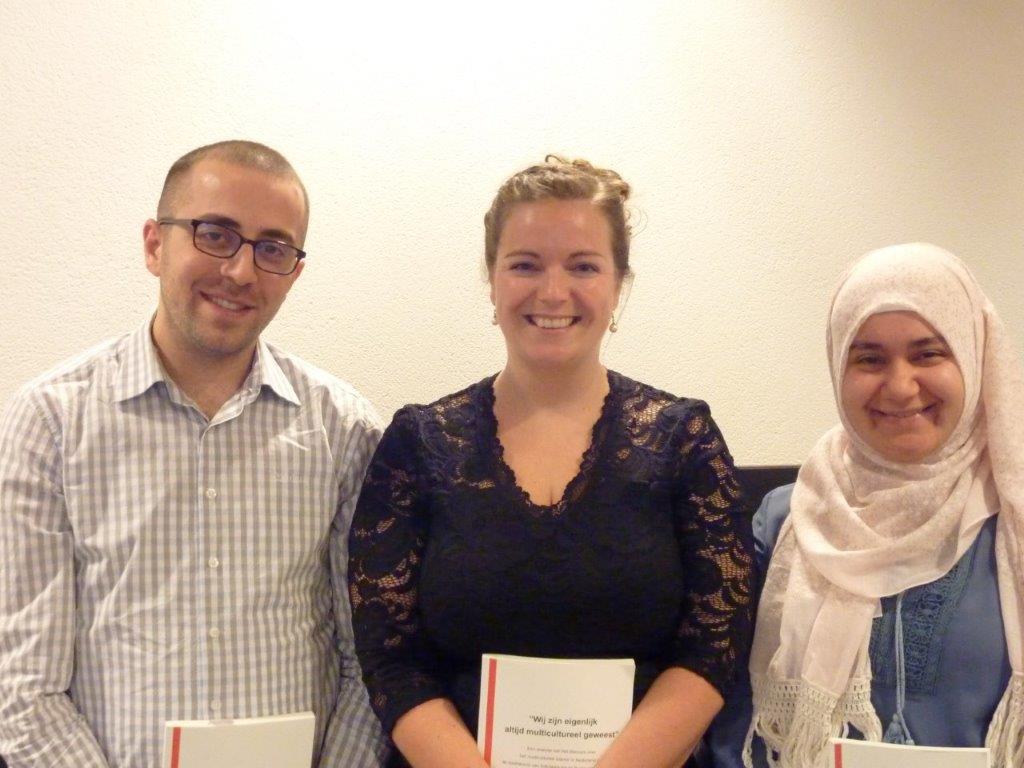The Multicultural Society is no drama or illusion
The Multicultural Society is no drama or illusion
The Netherlands has been engaged in a multiculturalism debate since many years. Studies have principally centred on communication between native-born Dutch people and migrants, until now. This research, conducted by Jennifer Vos, focuses on the interactions between Muslim and Christian migrants from the former Dutch colonies of Indonesia and Suriname.
The author argues that people from Indonesia and Suriname do not consider multicultural society as some kind of a drama or illusion. Migrants, and particularly the young of these communities, do have an inclination to accentuate their religious identity in their ‘country of arrival’. However, this does not necessarily result in ‘loyalty conflicts’ as they have been taught from a very young age that it is perfectly possible to live peacefully together, even if you fundamentally disagree with each other on a number of points, for example regarding questions of faith.
The Indonesian and Surinamese migrants studied mainly wished to nuance the one-sided and negative image of Islam in the Netherlands. Furthermore they wished to impress upon their fellow migrants, particularly from Morocco and Turkey, that they should adapt more to Dutch culture; that according to them the multiculturalism debate has indeed become harsher, but that on the other hand for migrants a number of matters are well organised in the Netherlands.
See also http://voxweb.nl/nieuws/is-multiculturele-samenleving-wel-zon-drama
Multiculturele samenleving is geen drama of illusie
Al jarenlang woedt in Nederland het multiculturalisme-debat. Tot nu toe hebben studies over integratie zich vooral gericht op communicatie tussen autochtone Nederlanders en migranten. Het onderzoek van Jennifer Vos richt zich op de omgang tussen moslim- en christenmigranten uit de voormalige Nederlandse koloniën Indonesië en Suriname.
De multiculturele samenleving is volgens de onderzochte Indonesiërs en Surinamers geen drama of illusie. Migranten, en met name de jongeren onder hen, hebben in het ‘land van aankomst’ weliswaar de neiging hun religieuze identiteit te benadrukken, maar dat dit niet noodzakelijke leidt tot ‘loyaliteitsconflicten’. Hen is ‘met de paplepel ingegeven’ dat je heel goed met elkaar kunt samenleven ook als je het op een aantal punten, bijvoorbeeld op het gebied van geloof, fundamenteel met elkaar oneens bent.
De onderzochte Indonesische en Surinaamse migranten willen vooral het eenzijdige en negatieve beeld van de islam in Nederland nuanceren; ze houden medemigranten uit vooral Marokko en Turkije voor dat ze zich meer moeten aanpassen aan Nederlandse regels. Volgens hen is van de ene kant het multiculturalisme-debat in Nederland verhard, maar van de andere kant zijn een aantal zaken in Nederland goed geregeld voor migranten.


